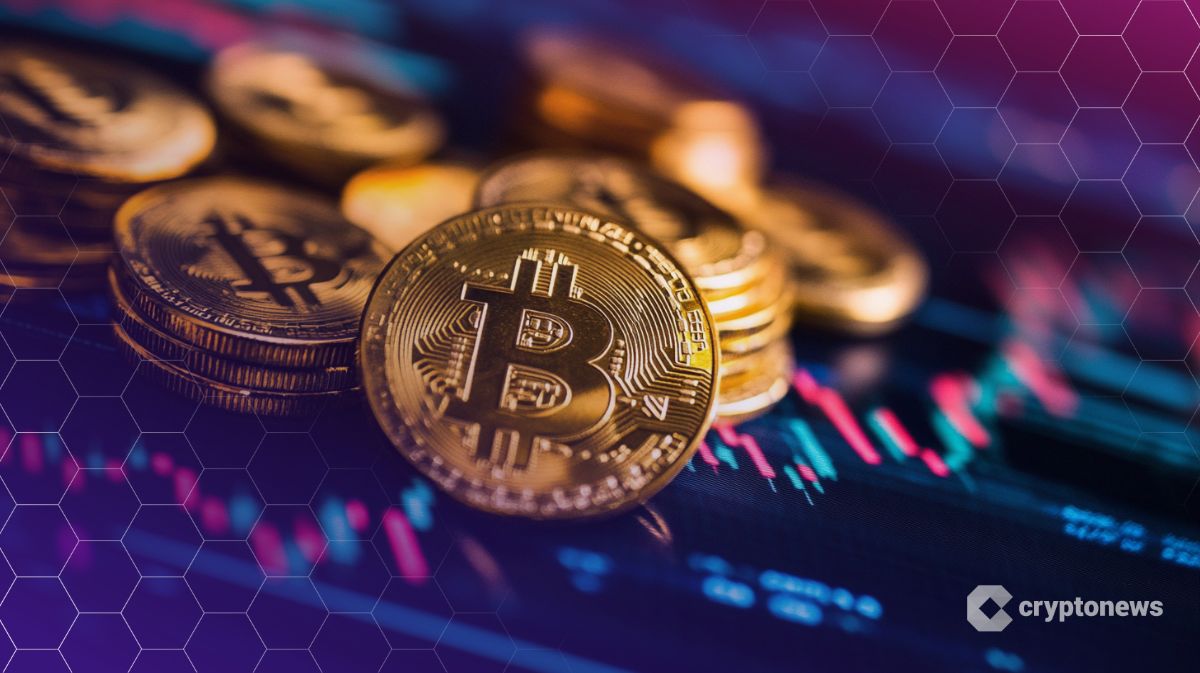
A growing number of crypto firms are rushing to issue tokens tied to real-world stocks, igniting concerns among regulators and Wall Street giants who warn that the unregulated market could expose investors to hidden risks.
Key Takeaways:
- Major crypto firms like Robinhood, Gemini, and Kraken are launching tokenized stock trading.
- Many of these tokens lack ownership or voting rights, exposing investors to counterparty risks.
- Advocates argue regulated tokenization could improve transparency, efficiency, and access in traditional markets.
Fueled by President Donald Trump’s pro-crypto stance and promises of friendlier regulation, the industry is seeking to capitalize on a wave of investor enthusiasm by blurring the line between traditional equities and blockchain-based products.
Robinhood, Gemini, and Kraken Lead Tokenized Stock Push
Companies including Robinhood, Gemini, and Kraken have launched tokenized stock trading in Europe, while Coinbase, Robinhood, and startup Dinari are seeking US approval.
Even Nasdaq has proposed offering tokenized shares, underscoring the mainstream interest.
Proponents say the technology could make stock trading faster and more efficient by allowing 24/7 trading and instant settlement.
The market for retail-focused tokenized public stocks has ballooned to $412 million, up from just a few million last year, according to RWA.xyz.
However, experts warn that many of these instruments lack the legal protections and rights attached to real shares, such as ownership or voting privileges.
Instead, they often function like derivatives, exposing buyers to additional counterparty risks.
“You’re buying exposures to those shares through synthetic instruments,” said Diego Ballon Ossio of Clifford Chance. “A lot of the burden shifts to you to understand what exactly it is that you’re buying.”
Some issuers, like Ondo Finance and Dinari, say they back tokens 1:1 with real stocks, while others simply mimic price exposure.
Robinhood’s token tied to OpenAI, for instance, sparked backlash after the AI company said it had not authorized the listing.
Meanwhile, Citadel Securities and other Wall Street firms have urged regulators to tighten oversight, warning that tokenization could drain liquidity from public markets.
Despite the backlash, supporters like Kraken and Ondo Finance argue that well-structured tokenization can enhance transparency and investor protection.
The World Federation of Exchanges has called for stricter rules but supports regulated efforts like Nasdaq’s proposal.
Tokenized Real-World Assets May Unlock $400T TradFi Market
In a recent research, Web3 digital property firm Animoca Brands said that tokenization of RWAs could unlock a $400 trillion traditional finance market.
Animoca researchers Andrew Ho and Ming Ruan said the global market for private credit, treasury debt, commodities, stocks, alternative funds, and bonds represents a vast runway for growth.
“The estimated $400 trillion addressable TradFi market underscores the potential growth runway for RWA tokenization,” they wrote.
Meanwhile, according to the 2025 Skynet RWA Security Report, the market for tokenized RWAs could grow to $16 trillion by 2030.
Tokenized U.S. Treasuries alone are projected to reach $4.2 billion this year, with short-term government bonds driving most of the activity.
Institutional interest is accelerating, with major banks, asset managers, and blockchain-native firms exploring tokenization for yield and liquidity management.
https://cryptonews.com/news/stock-linked-tokens-raises-alarm-bells-among-regulators/